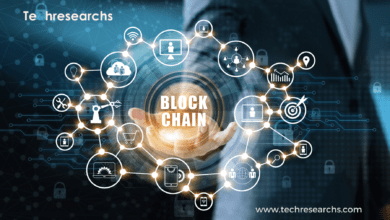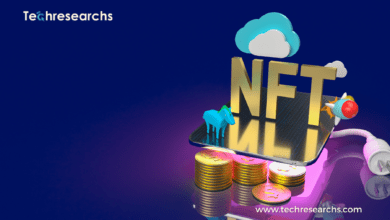A Guide To Tokenization: Everything You Need To Know


Tokenization is one of many novel ideas that modern technology has spawned.
As it presents a new alternative to the payment methods already accessible in today’s financial industry, tokenization is now synonymous with security, digitization, and convenience. The benefits it offers to both buyers and sellers have caused this idea to catch on all across the world.
Because it is a novel concept, it can be difficult to understand, and it is unclear to what extent it can provide benefits to businesses, but don’t worry, because we will explain everything you didn’t know you needed to know about this concept in this post.
Tokenization: What is it?
Your personal and financial information is requested by the server when you make an online transaction.
It is dangerous to enter this information into the browser since it might be intercepted or stolen. The security of your data in digital services is not a given.
To address this issue, tokenization is created. This technology provides the assurance that any data sent through your device’s browser will be safe and free from outside intervention.
Your data is transformed into tokens, a collection of random characters used to conceal critical information, as soon as it is delivered through the browser. Hackers won’t be able to decrypt that signal, making it impossible for them to intercept that data.
This is merely an illustration of what tokenization may ensure. However, using this illustration, we can comprehend what this idea is.
The process of tokenization entails safeguarding, creating, programming, launching, promoting, and storing a number of tokens.
Sensitive data is replaced with tokens using this approach. Prior to the token issuing procedure, it is a continual process rather than a one-time occurrence.
We will define a token for you in case you’re wondering what it is.
A token is an asset that has been added to a public blockchain and is represented digitally. Although some people believe this idea has no worth, they are completely mistaken. What gives an asset value is its digital representation.
Any object, digital or real, can be tokenized as long as a third party sees value in it. Finding an asset with value is crucial since the tokenization process incurs costs; otherwise, investing in that asset would be pointless.
The entire civilization has been contaminated by tokenization. everything from financial systems to different industries, like real estate investing. Numerous businesses are discovering the poor potential this idea offers and incorporating these technologies into their business plans as a result.
Learn more about Decentralized Apps: A Comprehensive Guide to Understanding and Using Them
Advantages of tokenization:
Access to international markets:
You can access global marketplaces thanks to tokenization. No matter where you start or how far you wish to go, tokenization makes all of this feasible.
You can access investment markets worldwide with a single click, eliminating the need for the extensive paperwork required by conventional investment methods.
Provide liquidity to illiquid assets:
Tokenization does not provide liquidity on its own. Tutellus, on the other hand, endows each token with its own liquidity pool. Furthermore, they incentivize LPs (Liquidity Providers) to expand the size of that pool.
Save on your investments:
Tokenization has made investing processes much quicker and less expensive. When investments are completed, investors can save more because all assets are more affordable.
Faster processes:
Tokenization speeds up administrative tasks significantly. We eliminate all of the paperwork and complexity associated with traditional investment processes, resulting in considerably faster and safer investments.
Guaranteed security:
This is, without a doubt, one of the most exploitable benefits of tokenization.
Tokens appear as a guarantee of security for all of our data on the Internet in an environment of network conflicts and risks.
We can do all of our financial transactions in browsers without the danger of our information being stolen.







